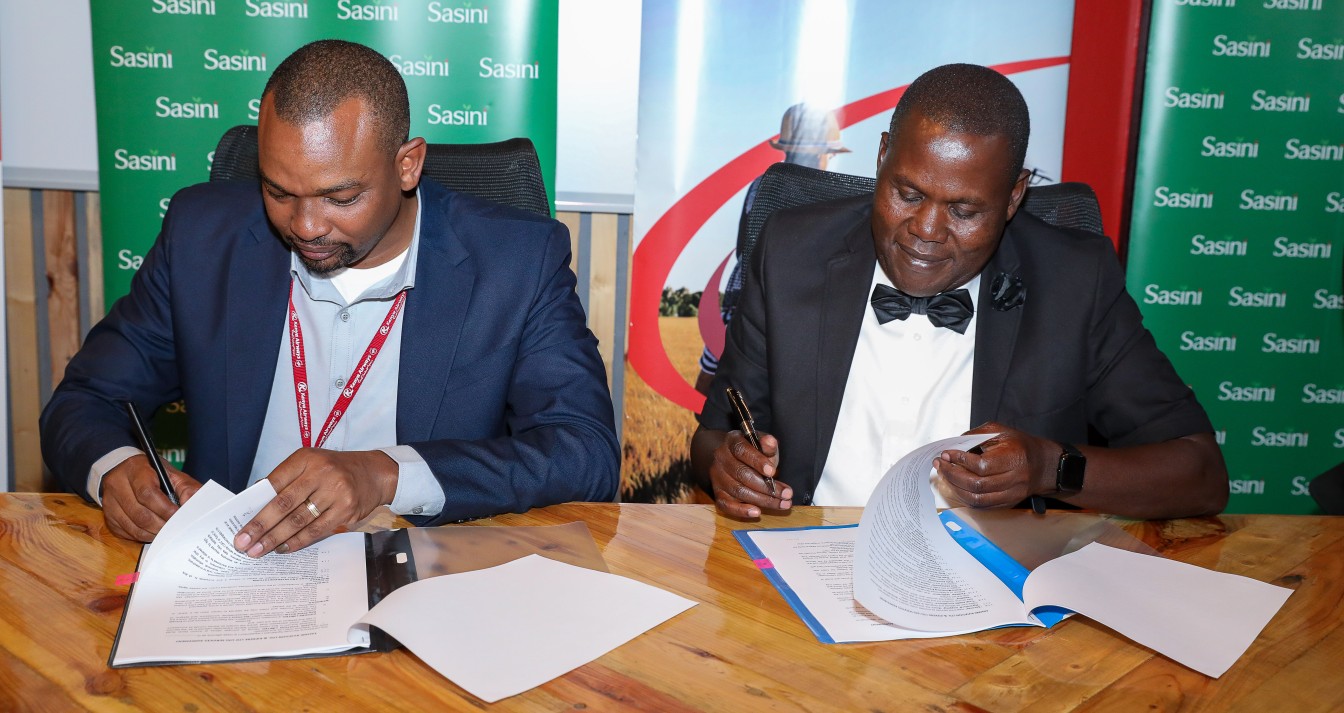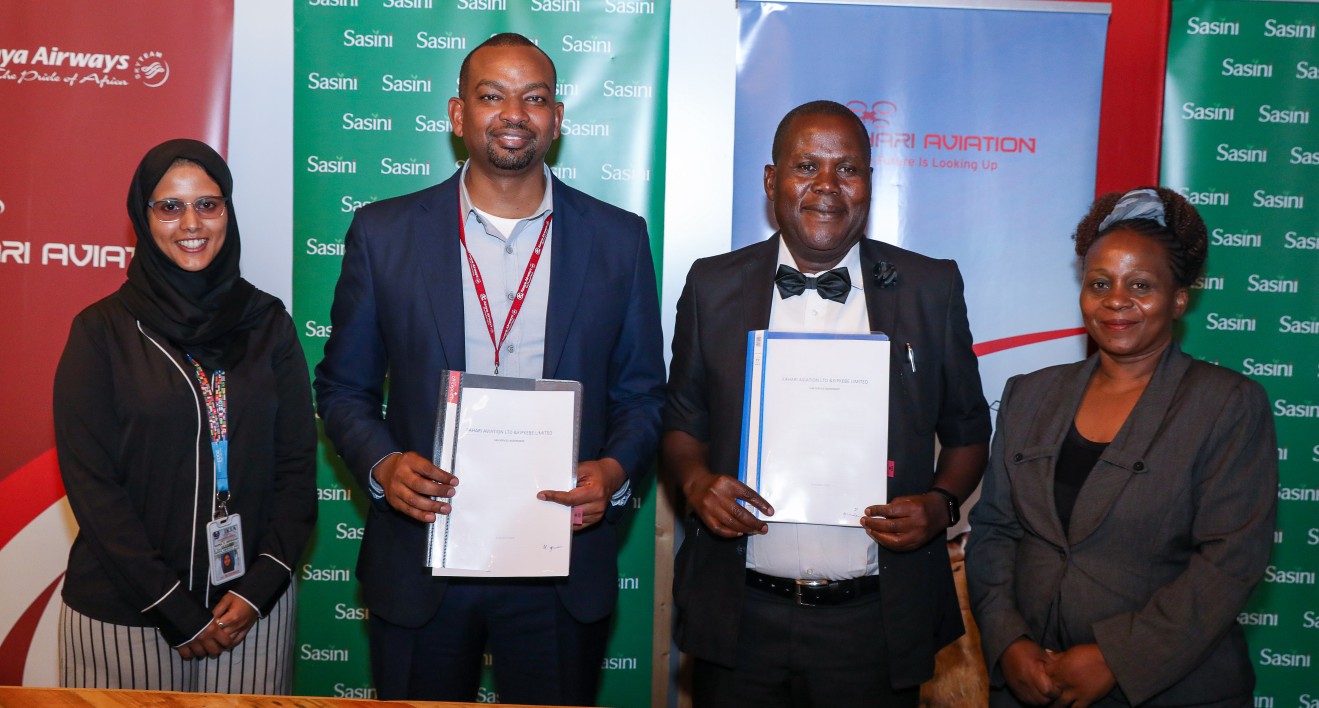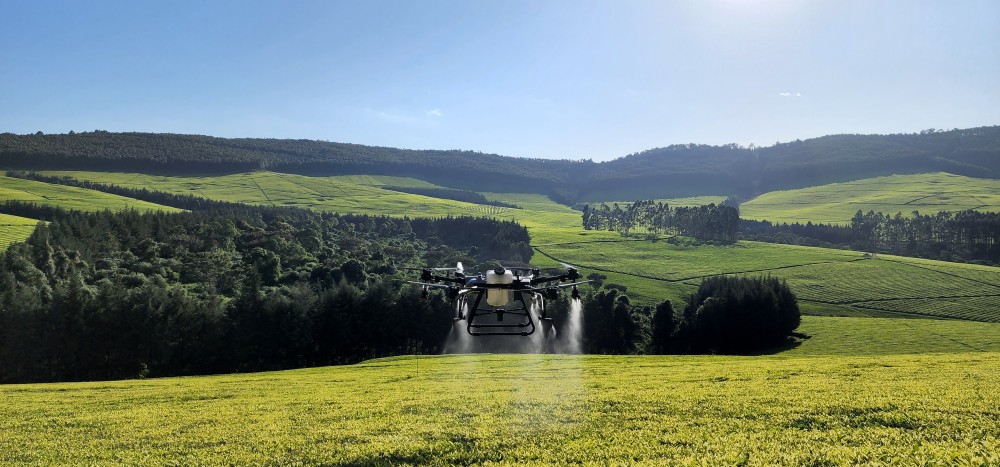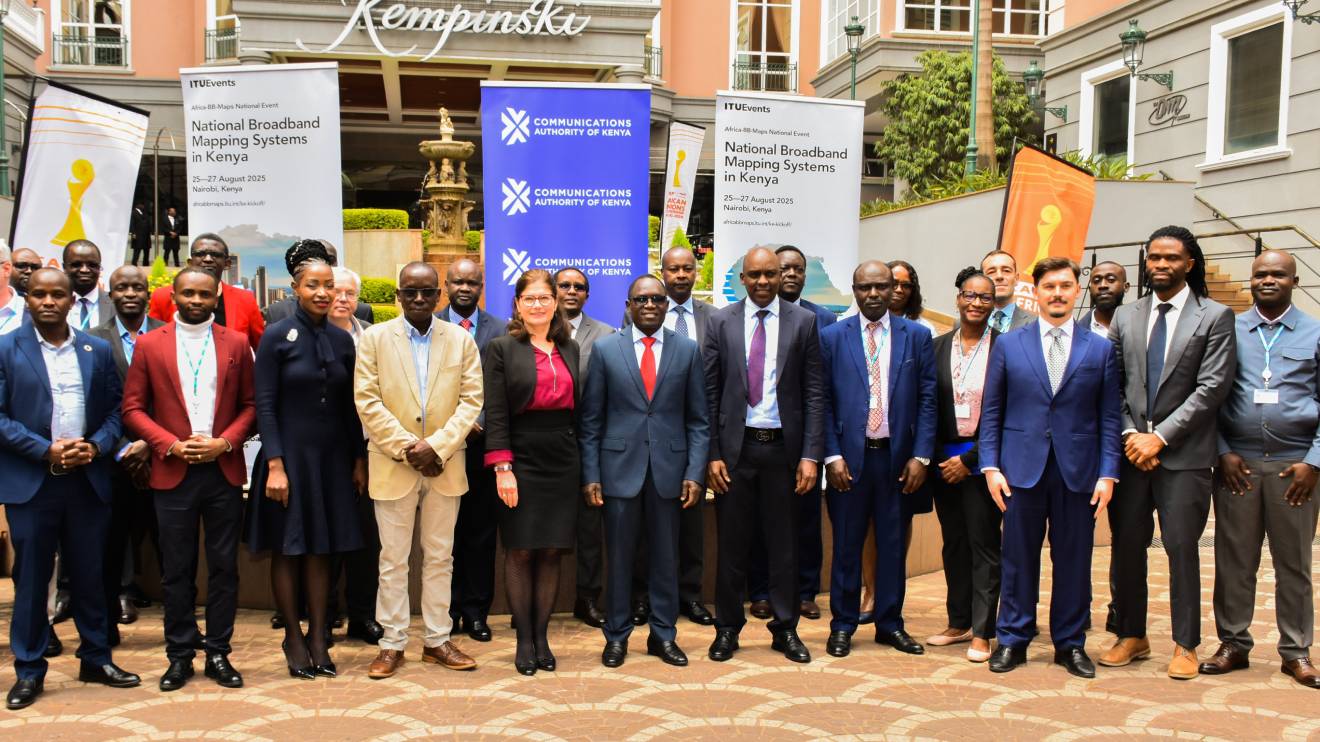Fahari Aviation, which a subsidiary of Kenya Airways has inked a service deal with Kipkebe Ltd, which is a subsidiary of Sasini, to offer precision agricultural services using drones.
In the agreement, Fahari Aviation will use drone technology to offer agricultural services including fertilizer application and chemical spraying on the tea farms owned by Kipkebe.
Fahari Aviation and Sasini say Kipkebe farm will use the deal to benchmark the effectiveness of drone use with an eye to expanding the services to other estates owned and run by Sasini.
Fahari will deploy high capacity drones to cover over 3,000 acres of tea plantation in under two weeks, saving up to 50 per cent on cost and time spent in fertilizer spraying and spread.
The two new partners say drone technology in agriculture will also offer them better accountability of product supply as well as improved accessibility of tough terrains.
Read More
“Agriculture forms the backbone of our economy and drones have revolutionized agriculture by offering farmers major cost savings, enhanced efficiency within the region. We are proud to announce this agreement as Fahari Aviation seeks to reach new heights for more precise applications within the agricultural sector,” said Hawkins Musili, Fahari Aviation General Manager.

KQ started Fahari Aviation to launc and implement aviation technologies as part of its strategy to contribute to the sustainable development of the African continent by championing new dimensions in the industry through use of drones and unmanned aircraft.
"We are indeed very excited to partner with Fahari Aviation, who is a pioneer of the unmanned aircraft system (UAS) technology in the country, in the application of fertilizer on our tea fields using drones. As a leading agricultural enterprise, Kipkebe is uniquely positioned to lead our industry towards the future of sustainable farming due to a rich heritage, commitment to innovation, learning and continuous improvement,” said Silas Njibwakale, Kipkebe Limited Managing Director.

He added, “This technology will definitely reduce the time span for fertilizer application on the tea fields ensuring that application coincides with good weather conditions, enhance crop yields while reducing attendant costs, as well as adverse impacts on human and the environment.”











-1753733469.jpeg)